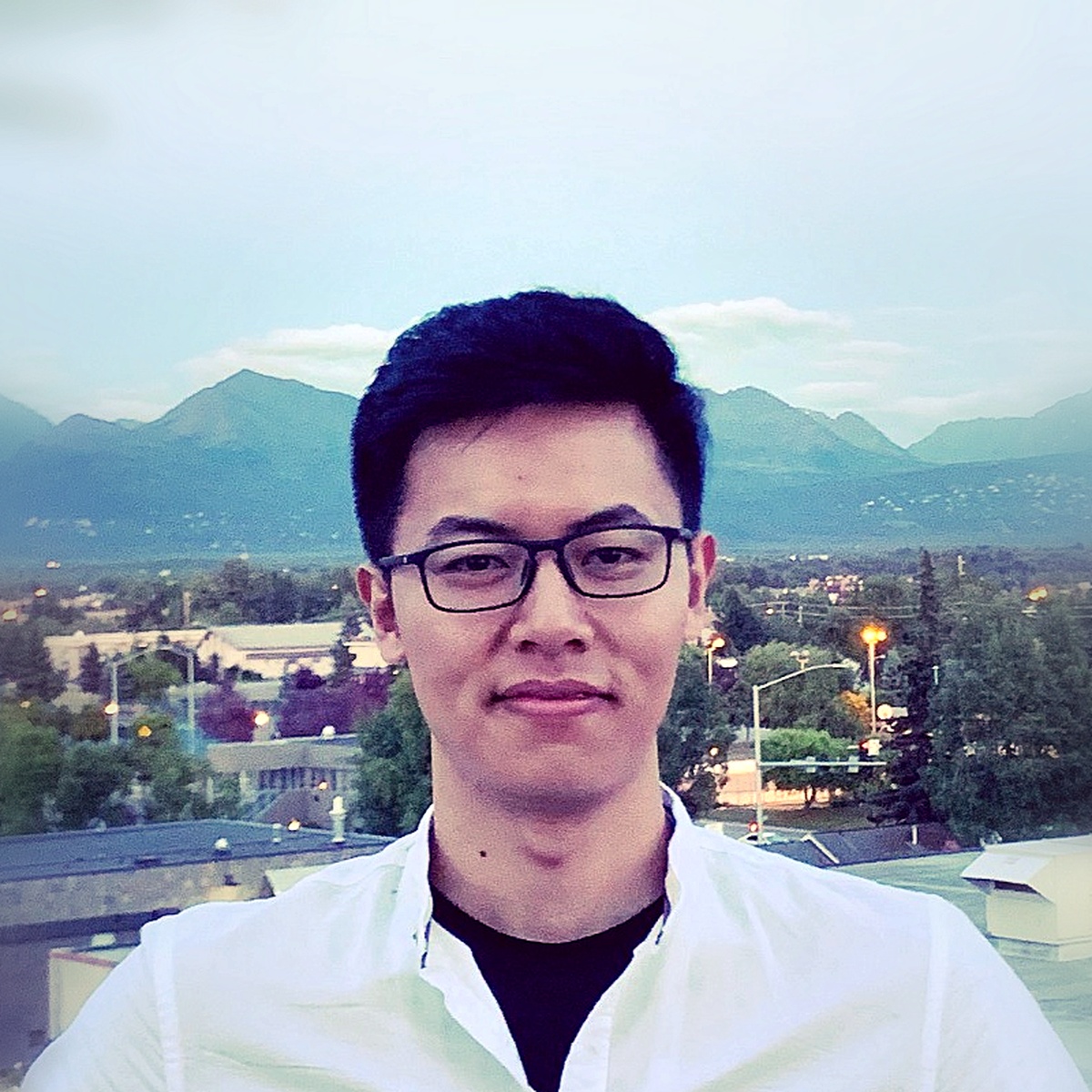
Zhen Wang 王震
Postdoctoral Researcher
Job market 2025–2026. CV | Research Statement | Teaching Statement
Hi! I am currently a Moore Foundation Postdoctoral Fellow hosted at UC San Diego, working with Eric Xing (CMU & MBZUAI) and Zhiting Hu (UCSD).
I received my PhD from the Computer Science department at The Ohio State University previously, working with Huan Sun and Yu Su, where I developed foundational frameworks for knowledge-centric AI systems. My work has been supported by and recognized with the Gordon and Betty Moore Foundation Fellowship, OpenAI Research Grant (sole-PI, 1 of 11 teams worldwide), Rising Star in Data Science (UChicago), Best Paper Award at SoCal NLP, Amazon Alexa Prize Winner (proposal and team leader), and more. I have led collaborations with MIT-IBM Lab, Microsoft Research, NEC Labs, and academic institutions including CMU, MBZUAI, five UC campuses and three national labs through the UC-LEAP project.
Research Overview View Details →
My research focuses on the foundations of reasoning and agency in AI, and applies them to accelerate and democratize knowledge and scientific discovery. I aim to build AI systems that can autonomously reason, act, and discover, and am interested in deploying them as AI co-scientists that can speed up research across biology, materials science, social science, and beyond. My recent works explore:
- Deliberative reasoning & world models (EMNLP'23, COLM'24, ACL'23, EMNLP'24, ICLR'26)
- Autonomous agents & trustworthy deployment (NeurIPS'25, ICLR'24, Amazon Alexa Prize, FIRE-Bench)
- Compositional & self-specializing foundation models (ICLR'23, ICLR'25, NeurIPS'23 Oral)
- Foundation models and AI co-scientists for discovery (NeurIPS'25, Nature'25, Cancer Discovery R&R, UC-LEAP Grant)
Selected Honors
- Gordon and Betty Moore Foundation Fellowship 2025
- OpenAI Research Grant Award Research into Agentic AI Systems; one of 11 teams selected worldwide 2024
- Rising Star in Data Science, University of Chicago 2022
- Best Paper Award, SoCal NLP Symposium 2023
- Amazon Alexa Prize Winner, TaskBot Challenge (3rd Place) 2022
- Graduate Research Award (Mike Liu Scholarship), OSU 2022
News
Research Highlights Full List on Google Scholar →
Methodological Contributions
- Reasoning and Planning: LAW 2025 (NeurIPS 2025), RAP (EMNLP 2023), LLM Reasoners (COLM 2024), ThinkSum (ACL 2023), PromptAgent (ICLR 2024), DRPO (EMNLP 2024), Nabla Reasoner (ICLR 2026)
- Foundation Model Training: Multitask Prompt Tuning (ICLR 2023), Self-MoE (ICLR 2025), ToolkenGPT (NeurIPS 2023 Oral)
- Knowledge Extraction with Weak Supervisions: SurfCon (KDD 2019), X-MedRELA (ACL 2020), ConPI (WSDM 2021)
Scientific Testbeds & Impact
- AI for Life Science: Scientific Foundation Models (MutationProjector), AI Co-scientists (Nature 2025; scPilot, NeurIPS 2025; CellMaster), Biomedical Graph Learning (BioNEV, Bioinformatics 2019)
- AI for Material Science: TritonDFT (Multi-agents for DFT Automation), UC-LEAP (Low-Energy, AI-Informed Phase Transitions)
- AI for Social Science: Computational social simulation (DeepPersona; S3-Sim Human Simulator), TacoBot (Alexa Prize 2021)
Open-Source Infrastructure
- Reasoning Library: LLM Reasoners (2.3k+ GitHub stars), PromptAgent (350+ GitHub stars)
- Model Evaluation: Decentralized Arena, FIRE-Bench (Reliably Benchmarking Scientific (Re-)Discovery)
- Pre-training Data: TxT360 (58K downloads last month, globally deduplicated corpus across 99 CommonCrawl snapshots)
Visit my Publications page for the complete list of papers and research contributions.
Miscellaneous
Outside of research, you'll likely find me hiking, playing pickleball, or planning my next adventure in national parks. I'm a passionate sports fan, cheering for the Buckeyes, Dodgers, Lakers, Inter Miami, and Chiefs.
Reading is also my main way of thinking outside of code and experiments. I enjoy essays, literary fiction, science fiction, and books on philosophy and ideas. Recently I've been reading 许知远的《伯克利的魔山》, The Complete Short Stories of Ernest Hemingway, and George Zarkadakis's In Our Own Image, among others.